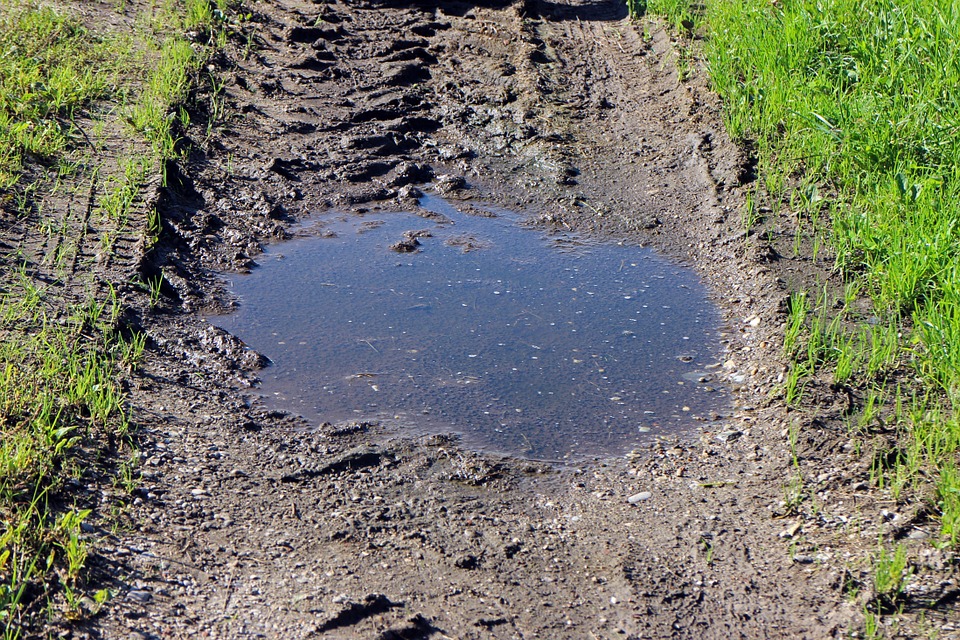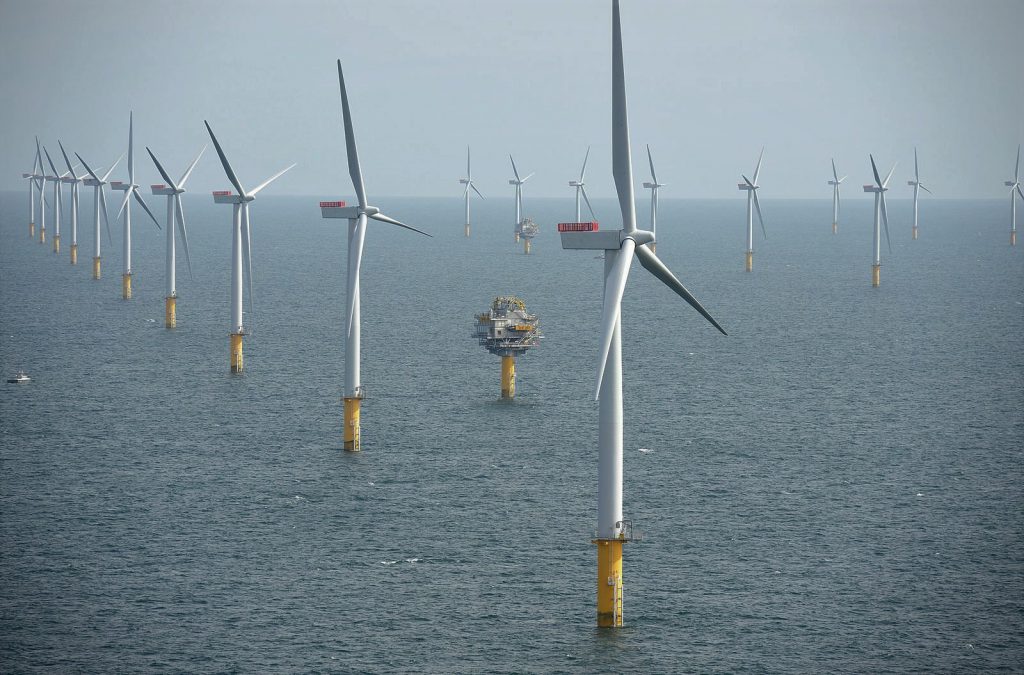An environmental justice bill, also sponsored by Saldaña, would create a task force to develop strategies for businesses and farms to incorporate “environmental justice” into their responsibilities.
The Farmers Daughter: Amanda Zaluckyj
Washington State’s legislative attack on agriculture
Legislation making its way through the Washington state legislature would require dairy and fruit farmers to disclose to retailers whether they use slave labor on their farms.
Please take a minute to read that again, just in case you’re not completely confused or outraged.
The legislation was introduced by State Sen. Rebecca Saldaña. The bill would require farmers to report any incidents of slavery, peonage, and human trafficking to retailers with more than $200 million in global sales. The bill passed in the state senate. It now waits for the state house to take it up.
Now I’ll admit I’ve never been to Washington. Maybe they do things a little bit differently there than they do in Michigan and Indiana. But I hardly doubt it. In fact, I’m absolutely positive that they don’t. Because I have farmer friends from that part of the country, and no one has ever mentioned their slave labor.
So I got in touch with Tom Davis, Washington Farm Bureau’s director of government relations, and asked whether slave labor is a big deal there. Tom confirmed it isn’t. He told me that getting enough workers for fruit and dairy operations is an ongoing struggle. But Washington farmers rely on H-2A visas to meet those needs.
So why is the state legislature so concerned about slavery on Washington farms?
I reach out to Saldaña to get her perspective and understand why she felt this bill was necessary. But I never received a response.
That’s probably because Saldaña and her friends in the Washington legislature are busy working on other legislation that would devastate the state’s agriculture industry.
Bills have been introduced to adopt a carbon tax and increase the gas tax, which would raise the costs of producing all farm goods. The idea is to decrease carbon emissions and hit any products transported by trucks. But without giving farmers and businesses viable alternatives, it penalizes them for simply doing business.
Another bill proposes establishing state fees for businesses utilizing the federal temporary guest-worker program, which affects fruit and dairy farms hard. So now farmers trying to hire workers the legal way would be penalized. But what choice will they have when the entire state is experiencing worker shortages?
An environmental justice bill, also sponsored by Saldaña, would create a task force to develop strategies for businesses and farms to incorporate “environmental justice” into their responsibilities. The task force would use the precautionary principle, a regressive approach taken by many European countries. This task force could have the authority to summarily deny permits, or even issue violations giving rise to lawsuits.
Free Range Report
Thank you for reading our latest report, but before you go…
Our loyalty is to the truth and to YOU, our readers!
We respect your reading experience, and have refrained from putting up a paywall and obnoxious advertisements, which means that we get by on small donations from people like you. We’re not asking for much, but any amount that you can give goes a long way to securing a better future for the people who make America great.
[paypal_donation_button]
For as little as $1 you can support Free Range Report, and it takes only a moment.



